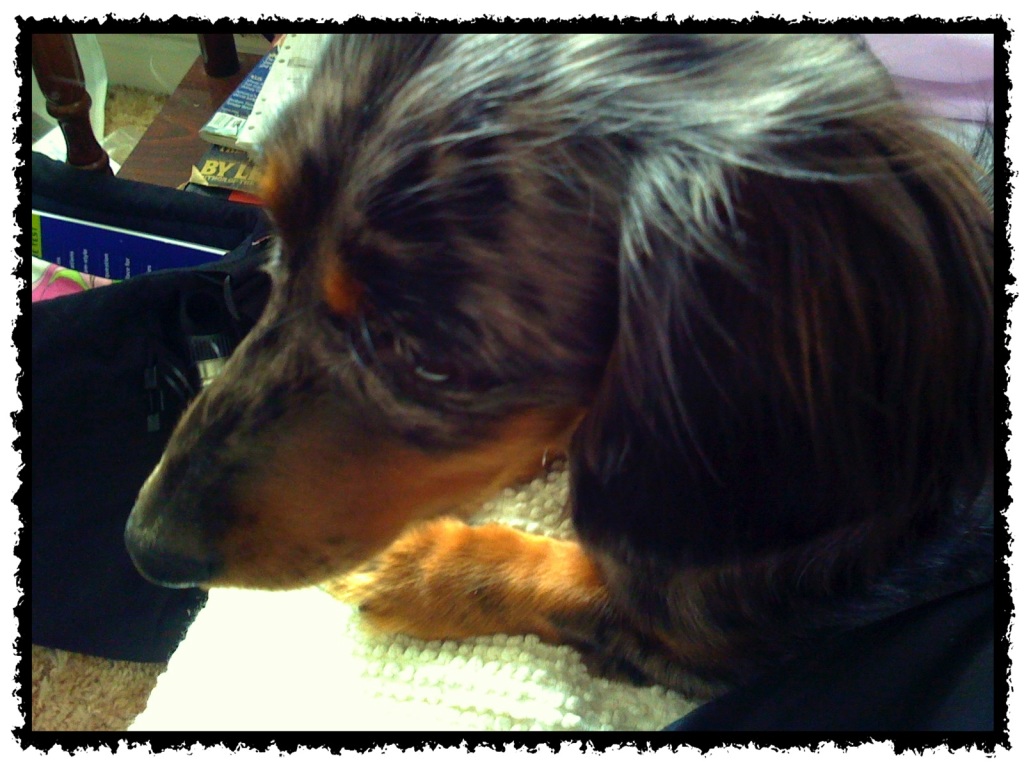While taking a walk on yesterday’s beautiful afternoon, I listened to this week’s Our Hen House podcast. Early in the episode was a discussion about a vegan art therapist named Lee Ann blogging at Avocados and Glitter who has looked at the issue of Temple Grandin speaking at the American Art Therapy Association’s conference this summer through an ethical lens. She concludes that because Ms. Grandin’s business is animal slaughter, and that consumption of animals can be linked to health issues, that animal cruelty is linked to psychiatric pathologies, and because of the cultural aspects of animal agribusiness, that Ms. Grandin is not a suitable speaker for the conference.
I disagree.
My professional background is as a music therapist, psychotherapist and psychiatric nurse practitioner. I specialize in the treatment of people with intellectual disabilities and autism. I have been working with this population in one way or another for almost 19 years. I feel strongly about this.
As Lee Ann points out, Ms. Grandin was not invited to speak because of her work with the cattle slaughter industry, but because she is a person with autism who has found a high degree of success in her field and is an advocate for people with the disorder. Ms. Grandin has a personal history of pretty extreme symptoms of autism, and even describes herself as “a little wild animal” in her book Thinking in Pictures. It was though these experiences and what she found helpful for her that she ultimately went on to design systems for keeping cattle calm on their way to slaughter.
I don’t like what it is that Ms. Grandin does to animals, but I appreciate the work that she does for autism.
Earlier this week, I saw a young child with autism who spent most of the time screaming at the top of his lungs while running around during his evaluation. His mother told me he was like that all the time. She asked, “do you think when he’s 25 I might be able to leave him alone so I can go to the grocery store?”
Although prescribing medication is the bulk of what I do these days, sometimes what I do has little to do with medication. Sometimes it’s about giving families hope. That sometimes really good things happen. That their child may grow and learn and be able to independently engage in some activities of daily living someday.
Temple Grandin gives hope. A parent can look at her, hear her story and think “there is hope for my child.”
At a residential school where I worked, a screening of the Temple Grandin movie was shown for some of the kids, many of whom also have autism. Not one of them came out of that screening saying that they want to work in animal slaughter in any way- but several of them were inspired that they can make their dreams happen.
Hope.
I think the Lee Ann is missing something from her analysis. Ethics and values are not the same thing. Ethics are a guideline and framework with which we critically think through various issues, including values.
To put it in another context, if a therapist sees a patient who is seeking an abortion, most ethical guidelines of our major professional organizations imply that you keep your own value judgement out of the clinical discussion. In other words, don’t try to talk the patient out of having an abortion because you believe it’s wrong, because that would be violating an ethical code. These codes say it’s not about my values. It’s about my patient and what my patient needs.
Bringing it back to Ms. Grandin’s appearance at the upcoming AATA conference: she inspires hope. More specially, she inspires hope for a population with whom art therapists often work.
It’s been a few years since I’ve been to a music therapy conference, but I used to walk away from them inspired about my work and feeling optimistic about going out and providing great care. Great speakers can inspire that.
I’m sorry that Lee Ann may not feel inspired, but I hope her colleagues will.



2 Responses to Professional Ethics Versus Personal Values